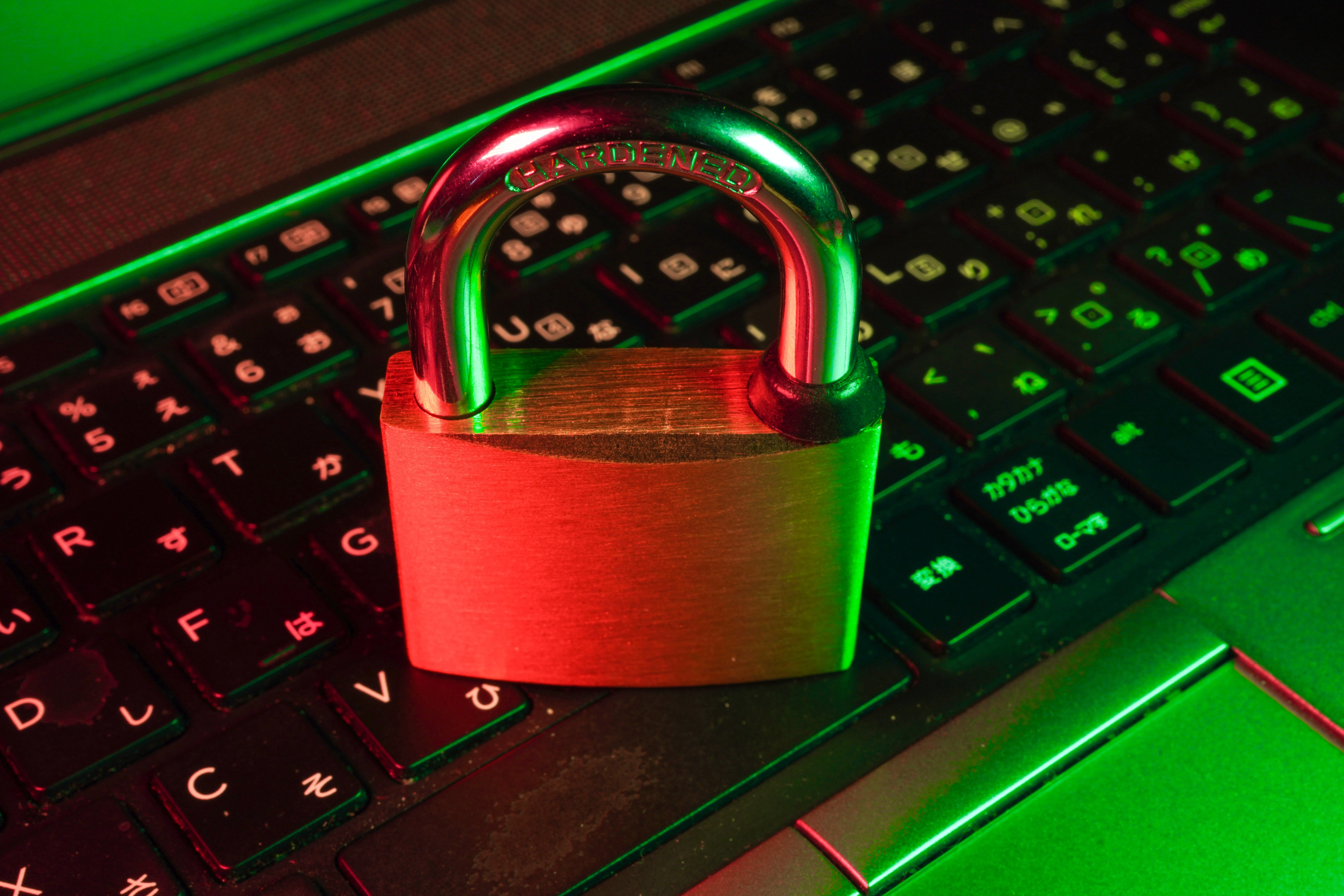As cyber threats grow more sophisticated, a robust security framework is essential. But is your Drupal site secure? Even if your website is not equipped to withstand evolving cyber threats, fret not! The solution lies in the form of Drupal 10. It comes packed with a number of advanced security features that can guard your website against evolving cyber threats. Therefore, opting for Drupal 10 migration is not just sensible but imperative under present circumstances. Let's delve into the security features first.
Enhancing Security Through Drupal 10 Migration: Exploring the New Security Features
- Improved Password Hashing: The enhanced password hashing method in Drupal 10 is one of the newest security enhancements. With the help of memory hardness, the more secure Argon2id algorithm makes it harder for hackers to guess passwords. You can be sure that the user credentials for your website are secure with Argon2id.
- Security Advisories in the Composer File: The composer.json file now contains security advisories for Drupal 10, making it simpler to stay up to speed on security patches and flaws. With the help of this function, you can maintain, secure and update your website more proactively.
- Stronger CSRF Protection: In order to make it more challenging for attackers to execute this kind of attack, Drupal 10 has further strengthened its CSRF protection. This extra security measure makes sure that users can't be persuaded to take unintended actions on your website.
- Encrypted Cookies: Sensitive data, such as session IDs, are encrypted with Drupal 10's support for encrypted cookies, making it more difficult for hackers to intercept them. With the use of this functionality, session hijacking attacks may be thwarted.
Elevating Security Through Drupal 10 Migration: Advanced Features
- Two-Factor Authentication(2AF): With 2FA, users must submit two different forms of identification in order to access their accounts. You may strengthen your website's security by implementing 2FA with Drupal 10 and prevent unauthorized access.
- Automated Security Updates: You can automatically update your site's security using the "Automated Security Updates" in Drupal 10. This can save you time and guarantee that your website always has the most recent security fixes installed, lowering the possibility of vulnerabilities.
- Content Security Policy: Support for Content Security Policy (CSP), a security feature that limits which content sources can be loaded on a website, is now available in Drupal 10. It helps avoid cross-site scripting (XSS) assaults. You significantly reduce the possibility of XSS attacks on your website by installing CSP.
- Security Kit: A contributed module that offers further security features for Drupal is the Security Kit module. It has features like HSTS (HTTP Strict Transport Security), X-XSS-Protection, and X-Content-Type-Options that can all help to increase the security of your website.
Best Practices for Securing Your Drupal Site
In addition to implementing Drupal 10's security features, there are a few other best practices that you can follow to help secure your website:
- Keep your Drupal core, modules, and themes up-to-date.
- Use strong passwords and enable password policies.
- Limit user permissions to minimize the risk of potential attacks.
- Regularly back up your website and store backups in a secure location.
Explore the advanced security features of Drupal 10 with our expert Drupal development company and discover our exceptional Drupal migration services today. Reach us here!
Our Services
Customer Experience Management
- Content Management
- Marketing Automation
- Mobile Application Development
- Drupal Support and Maintanence
Enterprise Modernization, Platforms & Cloud
- Modernization Strategy
- API Management & Developer Portals
- Hybrid Cloud & Cloud Native Platforms
- Site Reliability Engineering




